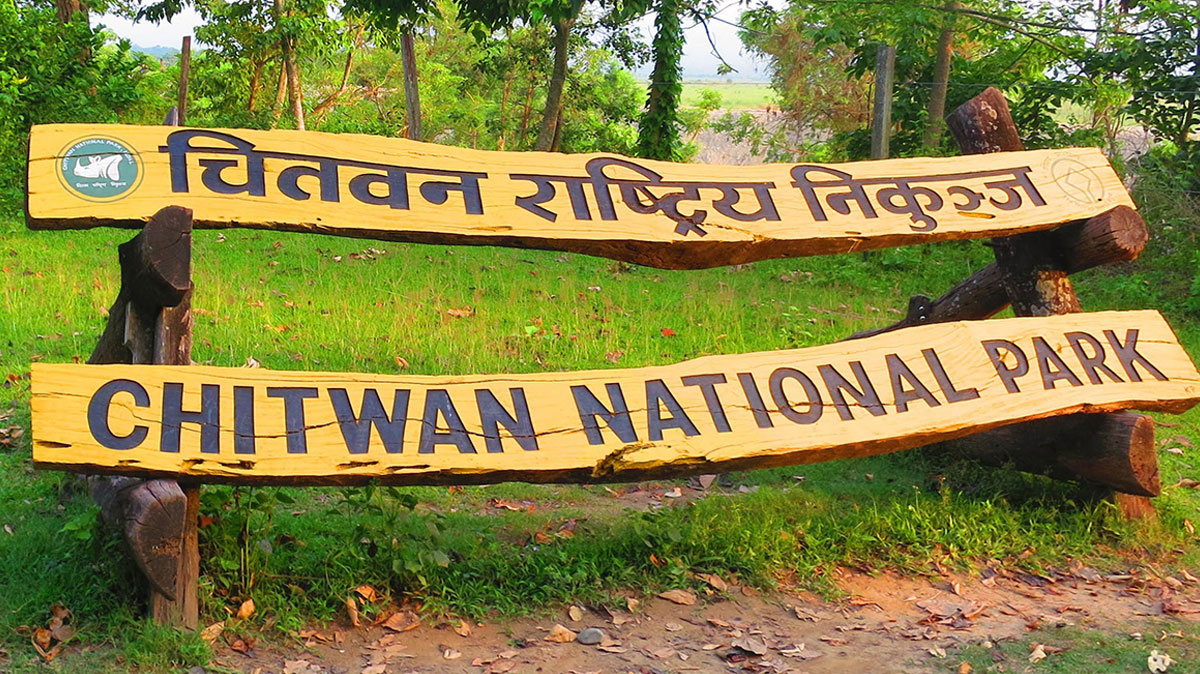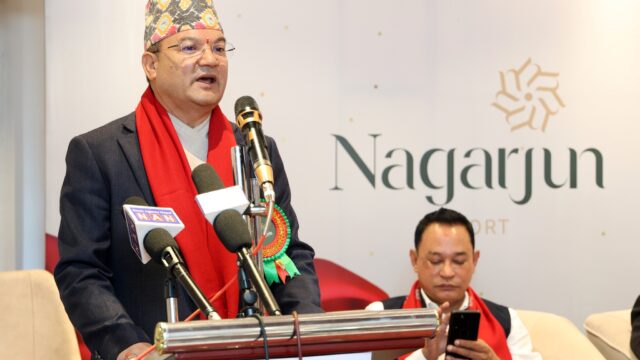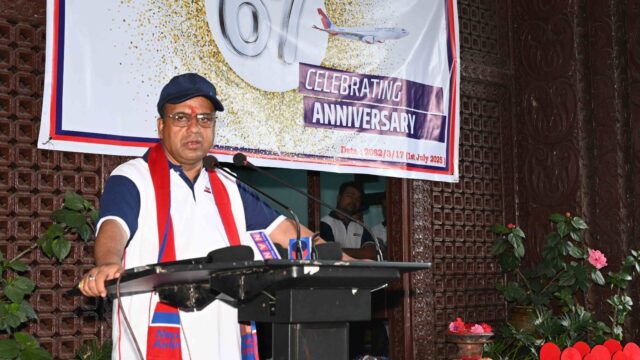Chitwan National Park (CNP), Nepal’s flagship protected area and a UNESCO World Heritage Site, has taken a significant step towards enhancing the protection of its precious wildlife by installing ‘spy cameras’ in security-sensitive zones across the park. This move aims to strengthen surveillance and reduce the risk of poaching, which continues to pose a serious threat to biodiversity within the park.
Surveillance Cameras Installed in Key Locations
According to Abinas Thapa Magar, Information Officer at Chitwan National Park, a total of 30 spy cameras have been discreetly positioned at various points identified as potential hotspots for illegal wildlife activities. These cameras have been placed strategically because it is impossible for park security personnel to be physically present in every part of the vast park area at all times.
“Due to the vastness of the park and challenging terrain, continuous physical monitoring by the park staff is difficult. The use of surveillance cameras allows us to keep a close watch on movement in sensitive areas and helps us act promptly when suspicious activity is detected,” said Magar.
The cameras are designed to capture photographs of people’s movements, especially during times and in areas where poaching is most likely to occur. This technological intervention is expected to boost the effectiveness of anti-poaching measures.
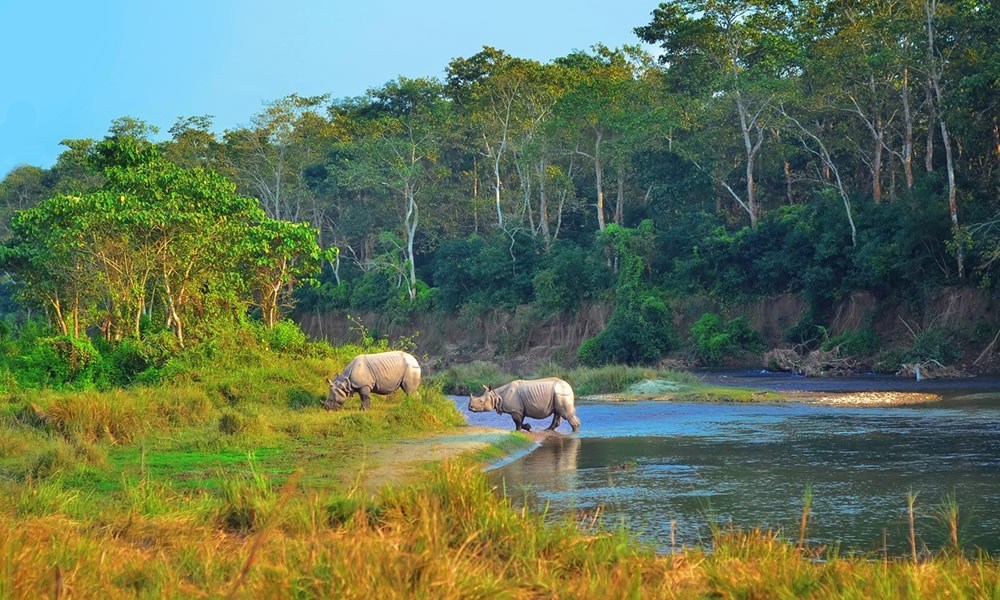
Increased Use of Elephants in Patrolling
In addition to the spy cameras, the park management has increased the deployment of elephants to assist with patrolling activities both inside and around the boundaries of Chitwan National Park. Elephants can navigate dense forested areas where vehicles and foot patrols find it difficult to move, making them invaluable in detecting suspicious activities deep inside the park.
Elephant patrols help cover remote areas and serve as a deterrent against illegal hunting, providing an additional layer of security alongside human patrols and technological monitoring.
Nepal Army Support Strengthens Security
The security situation at CNP has necessitated the involvement of the Nepal Army in conservation efforts. A contingent of 90 army personnel from various battalions has been mobilized to support the regular park security team. These soldiers are deployed mainly in remote and inaccessible areas where park staff and regular security teams have limited reach.
“This army contingent will stay here for three months to assist in the protection of wildlife and conservation of the park,” said Magar. “Their presence increases our capacity to prevent illegal activities such as poaching, particularly in difficult-to-monitor zones.”
The intensified patrolling by the army complements the surveillance cameras and elephant patrols, creating a multi-tiered defense system against poachers.
Challenges During the Monsoon Season
One of the major challenges to effective wildlife protection comes during the monsoon season when local communities around Chitwan National Park engage heavily in agricultural activities. During this time, there is an increased risk of wildlife poaching as enforcement becomes more difficult.
“During the monsoon, the anti-poaching campaigns are less effective due to heavy rains and difficult terrain, which allow poachers to operate with more freedom,” Magar explained. “The monsoon season thus poses additional challenges to our security and conservation efforts.”
The presence of local people working in farmlands near the park also increases human-wildlife conflict and makes it harder for conservation staff to monitor all potential poaching activities.
Balancing Conservation and Community Livelihoods
Chitwan National Park, home to iconic species such as the Bengal tiger, one-horned rhinoceros, and various other endangered animals, faces the continuous challenge of balancing conservation priorities with the livelihoods of the local communities that depend on agriculture and forest resources.
The new surveillance system, combined with increased patrolling and army support, represents a comprehensive approach by park authorities to reduce illegal activities without hampering community life.
Authorities continue to emphasize community awareness and cooperation to ensure the long-term preservation of wildlife while respecting the needs of residents around the park.
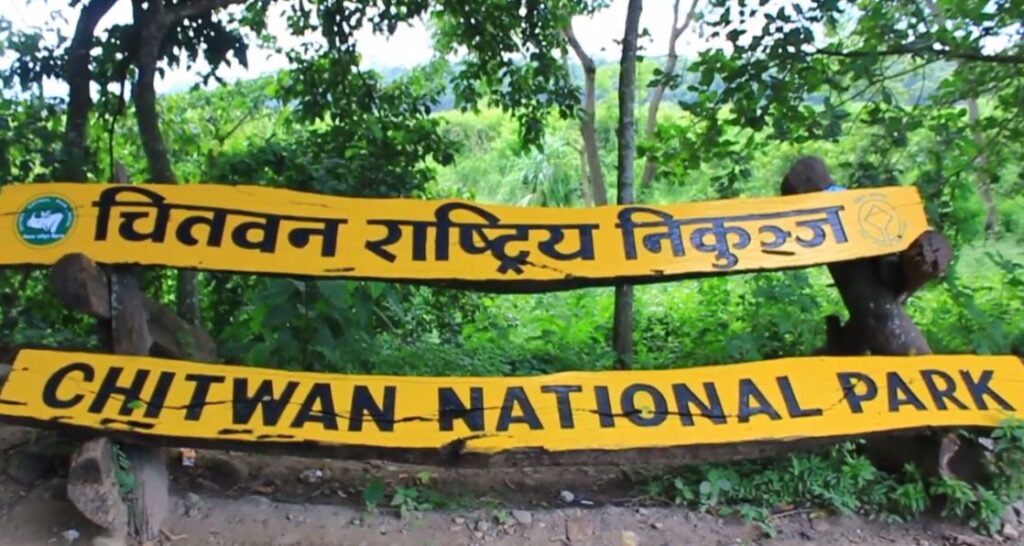
Future Outlook and Conservation Commitment
The installation of spy cameras marks an important milestone in Chitwan National Park’s ongoing efforts to combat wildlife crime through the use of modern technology. This approach is expected to enhance real-time monitoring capabilities and quicken response times to any suspicious activities detected within the park.
Moreover, the collaboration with the Nepal Army and the deployment of elephants for patrolling create a robust and integrated security mechanism designed to safeguard the park’s biodiversity.
As poaching threats remain high, especially during vulnerable periods such as the monsoon season, the authorities are committed to continuing and strengthening these efforts. The protection of Nepal’s natural heritage in Chitwan is critical not only for biodiversity conservation but also for sustaining tourism and community well-being.
